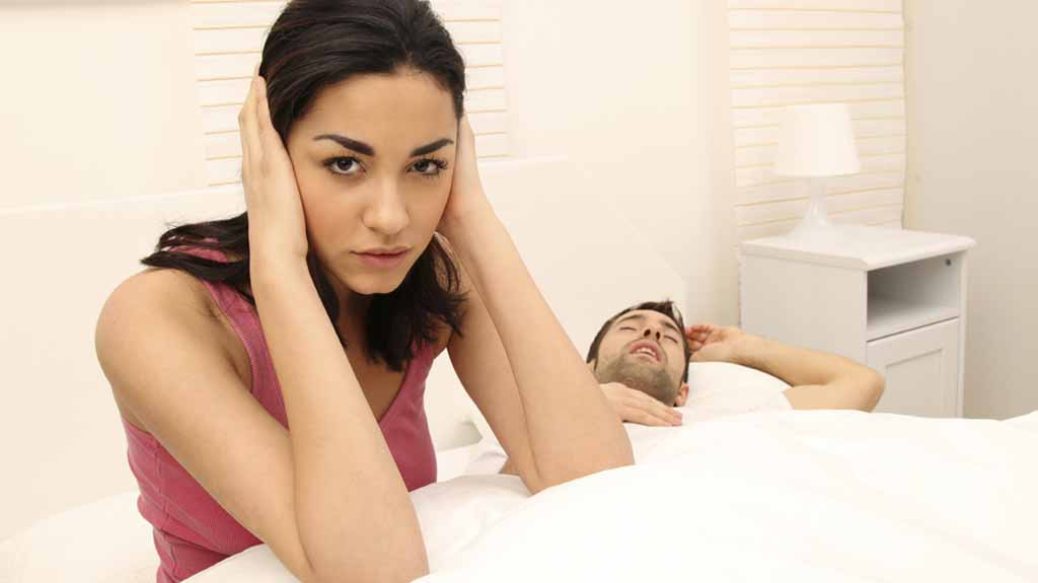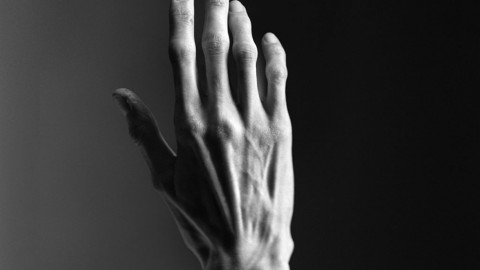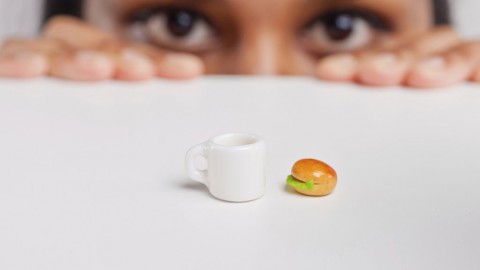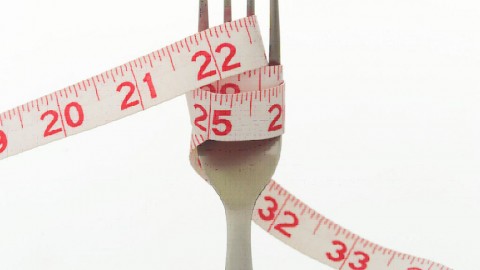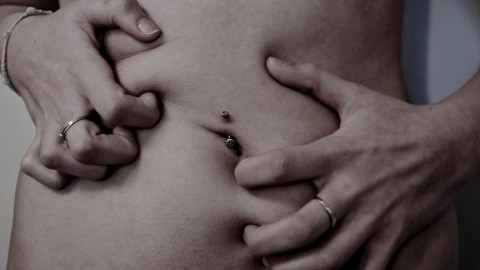For some, sleep is merely a necessary physical function, while other enjoy every minute of it! In any case, no matter the approach, we cannot doubt the beneficiary effects of a good sleep (both in terms of quality and quantity) to our biological clock and, in extent, to our mental health.
But do we really rest? According to recent research, conducted by specialized scientists studying the physiology and pathology of sleep, for most people, the actual and essential rest they get by an invigorating long sleep has turned into a sort of luxury and there are many reasons for that… Let us, then, approach the issue of sleep as a whole and take things from the beginning…
In antiquity
Attributing great value to their sleep, the ancient Greeks made a deity out of him. They pictured him as a beautiful young man, with the ability to make mortals fall asleep, either by spraying them with a twig soaked in the dew of oblivion or giving them sleeping potions, using his elaborate horn. The God of Sleep (Hypnos) held such power that he even had the ability to make Zeus, the father of gods and men, fall asleep! One of Hypnos’s sons was Morpheus, who could assume any form (ergo his name) and was the protagonist of mortal dreams! Since then, all of us – insomniacs excluded – rest in his arms every night!
How the need for sleep was created
Sleep takes up a big part of people’s lives. Scientists are not yet aware of the reasons leading to our need for sleep; nor of the way sleep was incorporated into the human biological cycle, thus constituting a function of the utmost importance for our survival. But it seems that the spreading of the habit of sleep during the long evolutionary progress of humankind is the result of two basic factors. The first is that organisms used to withdraw at night because that was the way to avoid dangers. The second and more substantial reason is that, during sleep, certain biological functions, particularly important for survival, take place. In specific, scientific proof suggests that, when we sleep, the multiplication and division of cells is greater and speedier; while the production of proteins, neurotransmitters and certain hormones is much higher.
The physiology of sleep
So let’s take a brief look at what exactly happens to our body when we sleep. Normal human sleep includes four basic stages:
The first stage of sleep is that of “initiation”, during which muscles relax, body temperature decreases and the heart rhythm slows down.
The second stage of sleep is what we call “light sleep”. Here, the eyes stop moving, while there is a decrease in the signals sent by the brain to the rest of the body.
The third and fourth stages of sleep are the so-called “deep sleep” stages, where blood pressure lowers, body temperature halves, muscle activity reaches very low levels and eye movement is almost absent. Waking up during these stages is particularly difficult and they are often accompanied by either total absence of mental activity or fractured thoughts and vague images. The basic difference between the third and fourth stages of sleep is relevant to the frequency of Delta wave transmission by the brain. In the fourth stage of sleep, Delta wave transmission frequency is 50% higher compared to that in the third. We should note, however, that this percentage is season dependent.
Finally, we reach REM stage where dreams occur. This is a particularly “paradoxical” stage of sleep during which, while the brain seems to be highly quickened, the muscular system is almost inactive. At the same time, the rhythm of heart function and arterial pressure increases; also, our eyes make abrupt and quick movements, thus rendering the name REM to this stage (from the initial letters of the words Rapid Eye Movement).
A complete human sleep includes all of the above mentioned stages. To be precise, Demen and Kleitman were the first scientists to observe that human sleep includes many “sleep cycles” in the course of one single night. Every sleep cycle is a sum of all four stages alternating before sleep finally reaches REM stage.
The benefits of sleep
In scientific terms, sleep is described as a functioning state of the organism; one which is characterized by the inverse ceasing of quickening and the decrease in ability to react to certain external stimuli. Sleep is a “natural healer” for the organism. It is a function securing a number of benefits for survival – benefits of vital importance.
In specific, during sleep:
- The brain “filters” all the information it has received during the day and stores in memory only those it deems important. This process enhances our ability to learn, tones our memory and tidies our thinking.
- The part of the brain where moods are stored and defined (our emotions and social behavior, in essence) rests and regains the maximum functioning capacity possible, so we can cope with next day’s demands. Meanwhile, the body’s metabolism and the function of the hormone serotonin are directly affected during sleep. Serotonin is a neurotransmitter-hormone, one that naturally exists in the organism and is connected to the mood. Disturbances in serotonin levels can lead to depression, among other things.
- “Biological repairs” are conducted to the cells.
- The organism is able to produce great amounts of growth hormone. This hormone is very important to development during infancy and childhood. In adulthood, its presence is related (among other things) with the increase of bone density, the reconstruction of the muscular system, as well as the dissolution of fat and the maintenance of normal metabolism and ideal weight.
- The immune system strengthens so that we are less susceptible to infections and other diseases. Meanwhile, the organism is defended by chronic inflammations that could lead to very serious pathological conditions.
Sleep disorders
Scientifically, sleep disorders are divided to dyssomnias and parasomnias. Dyssomnias are related to the duration, the quality and the time occurrence of sleep; disorders that belong to this category are the universally known insomnia, as well as narcolepsy, sleep apnoea and non-24 hour sleep-wake disorder.
The various types of insomnia are those disorders that concern not only a person’s difficulty to fall asleep but also their inability to remain asleep during the night. Problems such as waking up prematurely and being unable to fall asleep again or waking up repeatedly during the night belong to this category.
According to statistics, it seems that apnoeas, and dyssomnias in general, are age and gender related. Phenomena of insomnia are rarely observed in childhood; while, as the years pass, the quality and quantity of sleep decreases, often causing problems to older people. Meanwhile, research conducted to the general population of a number of countries reports that percentages of insomnia are higher in men than in women.
There are many causes for insomnia; however, people today lose their sleep primarily because of stress related factors. Other factors causing insomnia are certain chronic diseases (neurological, cardio-respiratory), degraded sleep conditions, pains, depression, etc.
It should be noted here that, in recent years – the years of financial crisis – a new syndrome making people lose their sleep has emerged in modern society, due to lifestyle. The so-called social jet lag is a condition with similar symptoms to those of jet lag caused by long distance flights: symptoms include dizziness, vertigo, fatigue, irritation, headaches, low capacity for memory and learning, and gastrointestinal disorders. Social jet lag is caused by the lack of quality sleep, the absence of free time, the quick and stressful rhythm of living, and the increased financial and work obligations.
Hypersomnias, on the other hand, are disorders characterized by excessive sleepiness, sleep attacks during the day, as well as difficulty to awake and achieve quickening. These disorders are mostly found in aging individuals and children. Yet they can also occur in young adults mostly as a result of emotional disturbances; as well as isolated instances under special conditions such as bad nutrition, monotonous driving, excessive heat and long working hours. For the person suffering a constant state of hypersomnia, the immediate result is the occurrence of passing disturbances in perception, double vision, illusions and temporary memory loss. Also included in hypersomnias are somnambulism, night terrors and nightmares manifested through panic and screams.
So how can we sleep well?
Sleep is a necessary prerequisite for maintaining good health. A sleep of good quality and sufficient quantity on a daily basis is the foundation for excellent physical, mental and social well-being.
For the average adult, sleep during the night should last at least six consecutive hours but not exceed nine. The quality of sleep depends on a series of factors, such as time occurrence, lack of noise, comfortable and stable bed positioning, use of a correct mattress, nutrition and physical status.
To ensure a qualitative sleep for yourselves, you can follow a set of easy yet fundamental rules:
- Pay attention to what you eat, especially at night. A light supper in the evening, low in fat and spices, should make your transition to the arms of Morpheus easier. Foods containing B-block vitamins are particularly beneficiary for sleep, as they help the nervous system relax. A rich evening meal can cause indigestion; on the other hand, the absence of supper can lead to serious hypoglycemia during the night.
- Keep your bedroom clear of… noise! Today, people are literally bombarded by unwanted sounds all through the day, something that upsets the nervous system and leads to a state of mental fatigue. The bedroom should remain unscathed by the sound of televisions, tablets and mobile phones. Some music before getting into bed could relax you and help you sleep easier and better.
- Taking a relaxing bath or massaging the muscles with suitable essence can chase daily stress away, thus proving beneficiary before sleep.
- According to recent research, sexual activity at night is not only a “remedy” for bad sleep but can also prevent depression.
- The belief that consuming alcohol can help you sleep better is a myth: while it may be true that, after drinking alcohol, you fall deeply asleep in the beginning, later on, your sleep is disturbed. Consuming alcohol increases adrenaline levels and leads to tension. Ideally, before sleep – especially if dealing with insomnia issues – you should drink non-caffeine beverages, such as iron herb, chamomile and tilia.
- Use of a correct mattress is a very important factor for the quality of sleep. The mattress you choose should not be excessively hard as it causes strain to the joints, nor too soft because it does not offer adequate support to the heavier parts of the body. A fundamental mistake most people make regarding their mattress is that they do not air it as often as should and fail to replace it in time. Don’t forget that you spend one third of your life in the arms of Morpheus. Therefore, you should give your sleep the attention and quality it deserves. Choosing a mattress should be done regardless of cost and with only the best quality as a criterion.
The effect of mobiles phones and technology in general on sleep
As a result of immense technological advances, today more than eight in then people keep their mobile or tablet active in their bedroom during the night. One in two people use their mobiles as an alarm clock; while three in four teenage girls go so far as placing their mobile phones under their pillow, keeping them there for the entirety of their sleep. Yet how innocent are these habits in the end? Researchers have started examining the damaging effects caused by this extreme use of technology; and, according to recent studies, the extended presence of mobile phones and tablets next to the pillow are certain to cause disturbances to the course of sleep, as well as intense stress.
The most essential problem with the presence of mobile phones during sleep is the light they emit. Proof suggests that being exposed to artificial light at night enhances the mechanisms that delay sleep and affects our biological clock. Even a minimal exposure (one that merely lasts a fracture of a second) to the mobile screen’s artificial light from an incoming text message is enough to slow down our biological clock, to disturb our organism and sleep. And this happens because this light (containing a great amount of blue rays) activates the eye’s retinal cells so that they carry messages to the brain and “fooling” the organism into believing it is actually daytime!
Moreover, sleep disturbance caused by mobile phones has purely psychological foundations too. People, who leave their mobile phone active next to their pillow while sleeping, unconsciously do not accept the fact that they withdraw from a state of quickening. So, on a subconscious level, they do not allow themselves to rest and become severed from external stimuli; and, therefore, their sleep is not sound.
A very serious question that modern research has yet to answer is the degree to which the extensive use of mobile phones and their abuse even during sleep is linked to the manifestation of certain types of cancer. Up to now, few facts have been announced in relation to this issue. According to research conducted by Professor of Oncology Dr. Lennart Hardel and published by the Örebro University Hospital in Sweden, people using a mobile phone systematically for 25 years had 75% more chances of suffering brain cancer than those using cabled devices.
There is no official data suggesting that mobile radiation is involved in the manifestation of any type of cancer. Until the scientific community gives a verdict, prevention is the best cure. Using speakers or hand free headphones, as well as parting with mobiles and tablets when in bed, is the best method of long-term protection from serious illnesses.
Epilogue
Doubtless, sleep is one of the most vital functions of the human organism; one that, today, seems to be more and more disturbed. We cannot survive in its absence and we certainly cannot be happy when experiencing any type of disturbance to it. Whatever the problem we are facing, it is a good start to ask for expert scientific opinion. It is also best if we try to deal with any sleep problem with natural methods instead of pharmaceutical intervention. In any case, with or without the help of science, our basic goal is to find ourselves every night peacefully in the caring arms of Morpheus.
Christina Bakopoulou
Pharmacist














